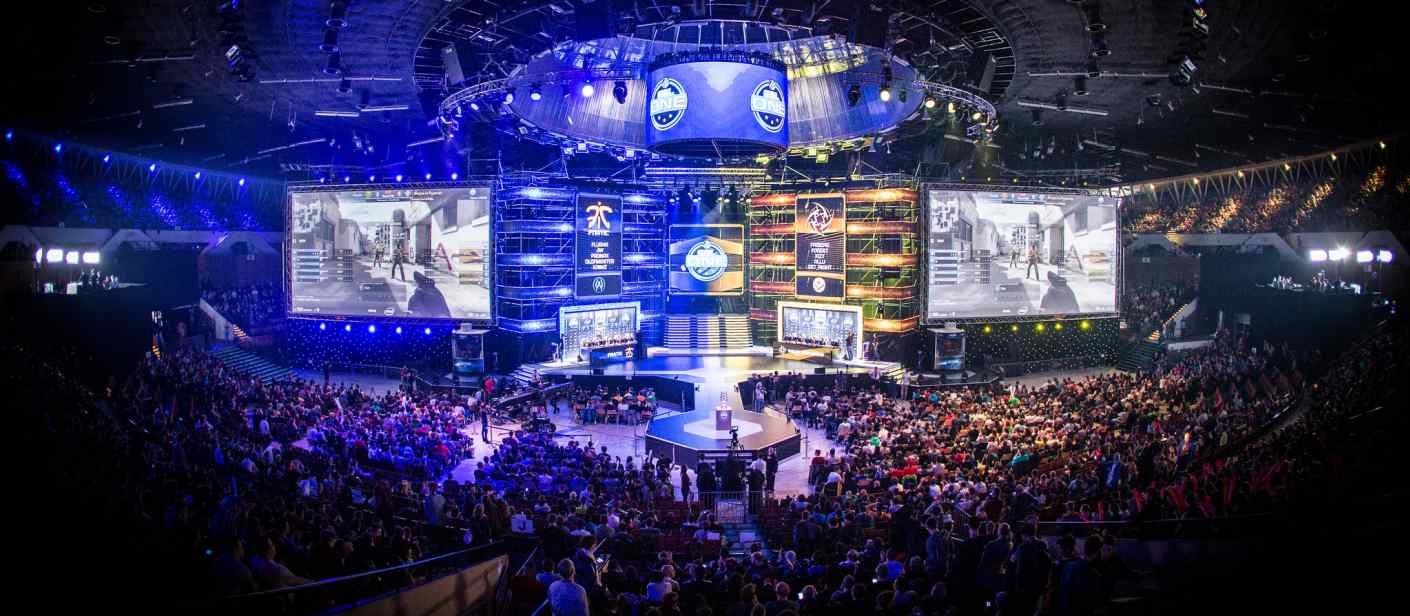March 2017
-
Self-Managed VPN as an Alternative to Paid VPN
Ben Brooks wrote: The only way to now truly maintain internet privacy (once 45 signs this…
-
No-Nonsense Guide to SEO Optimization
Tania Rascia wrote: If a website’s aim is to create as many pages as possible with…
-

CS:GO Is a Great E-Sport, But Youtube & Exclusive Right is Hurting It
I’m never really a dedicated sports fan. I followed football (that’s soccer to you in North…